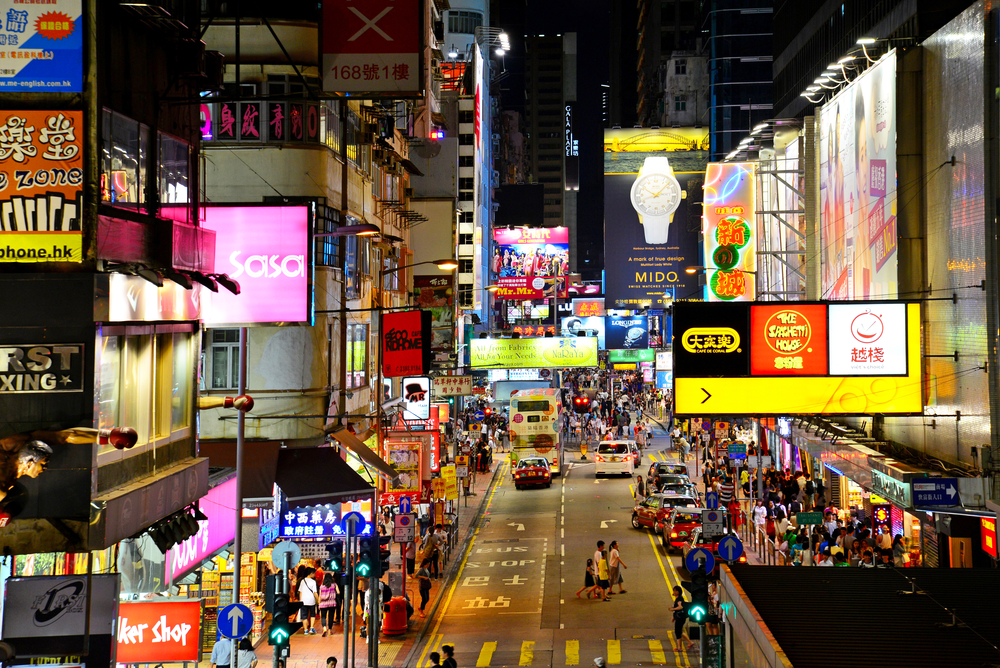Hong Kong’s tourism and retail sectors show strong growth
Unemployment rates are dropping, and the city looking to make industries more value-added and technology-focused

Hong Kong’s economy is showing signs of recovery as it lifts previous restrictions. Between 5 April and the end of the Easter holiday on 26 April, more than 4.2 million people entered or left Hong Kong, according to Asia News Network. This was the first long holiday since travel restrictions were lifted. International events have resumed in the city and the tourism sector, one of the worst-hit industries during the pandemic, is rebounding fast.
The seasonal unemployment rate from December to February fell to 3.3 percent, down from a high of seven percent during the pandemic. Local economic growth is expected to be more than 3.5 percent this year.
To attract young people and tourists to Hong Kong, experts suggest the city’s low-skilled industries should transform to become more value-added and provide increased professional services. This includes the tourism industry becoming qualitative-oriented instead of quantitative-oriented.
Related: A sinking feeling in Hong Kong
Hong Kong needs to adapt to the shift to online shopping and become a global innovation and technology hub by nurturing more technology companies in high-tech fields such as artificial intelligence, semiconductor electronics, and financial technology. These companies not only have high added value, but they can also drive development of upstream and downstream complementary industries, bringing new economic opportunities to the city.
Reuters reported Hong Kong’s retail sales in February increased 31.3 percent year on year to HKD33.1 billion (USD4.22 billion), the biggest percentage growth in a month since February 2010, driven by a sharp rebound in visitor arrivals and low figures in the year-earlier period. In value terms, sales rose 6.9 percent year on year in January.
After strict health and safety restrictions battered sales at bars, restaurants and shops in Hong Kong, all border checkpoints were reopened fully in early February and the city dropped its mask mandate on March 1. Recovering consumer spending on the mainland and a rebound in travel are expected to help the city’s economy grow 3.5 percent-5.5 percent this year.
The Property Report editors wrote this article. For more information, email: [email protected].
Recommended
Why everyone is moving to Selangor and Johor: Malaysia’s real estate comeback
Malaysia’s upturn in fortunes is especially prevalent in secondary destinations such as Selangor and Johor
Penang’s silicon boom: How the US-China tech war is supercharging local real estate
Penang’s booming semiconductor industry has created ripples within the local real estate sector
New leader, new opportunities: How Hun Manet is shaking up Cambodia’s real estate game
Hun Manet is overseeing decent economic growth and widening access to the country’s real estate market for foreigners
Singapore embraces inclusive housing reforms amid resilient demand
The Lion City’s regulatory strength continues to exert appeal for international investors








